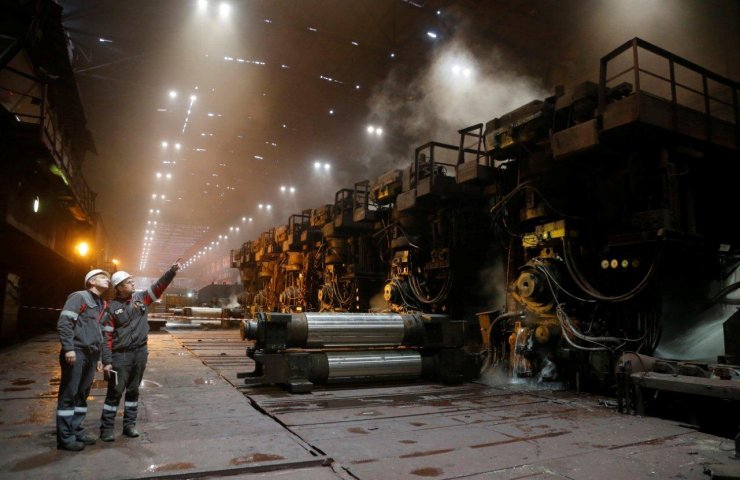The Czech Republic will have its work cut out during its EU presidency in the second half of 2022 to promote reform of the EU Emissions Trading System (ETS) and Carbon Border Adjustment Mechanism (CBAM), says the Czech and Slovak steel association Steel Union. The association finds various aspects of these measures problematic, Kallanish notes.
The European Commission has set a higher relative increase in the emissions reduction target for EU ETS sectors – from 43% to 61% – compared to non-EU ETS sectors – from 29% to 40%. This is despite there being much greater potential for emission reductions in non-ETS sectors, Steel Union says. The Commission also used inadequate data to assess the impact of the EU ETS revision – “We completely lack an impact assessment at Member State level,” the association adds.
Also proposed are the one-off withdrawal of around 120 million allowances and the acceleration of the withdrawal of surplus allowances from the market. Both measures are “unnecessary and harmful, as their only result will be a further artificial increase in the price of allowances at the same level of climate ambition, as well as a faster decrease in free allowances available in the system for industry and energy companies,” Steel Union observes.
A further two measures proposed – the reduction in production emission reference values (benchmarks) and reduction in original ETS allocation immediately after the CBAM launch – will hamper steelmaker competitiveness during the transition period.
“Thanks to the new rules, there is a risk that 6 out of 7 steel benchmarks used by 2020 will fall by up to 50%, which would force companies to buy large amounts of expensive allowances instead of investing money in decarbonisation,” Steel Union says. Meanwhile, question marks remain over CBAM as it is yet to be tested. “If CBAM does work, a reduction in the allocation can be considered, but not before 2030, so that companies have enough time and resources to make decarbonisation investments,” the association adds.
As for the EU Modernisation Fund, 80% not 70% should go towards priority decarbonisation investments, while new natural gas investments should be excluded, Steel Union says. Finally, financial firms should be excluded from ETS trading to prevent unpredictable price rises. “Unlike industry and energy, they [financial firms] do not need allowances, but they see them as a good investment tool, the value of which will continue to rise as the volume of allowances in the market decreases,” the association concludes.
Adam Smith Germany






